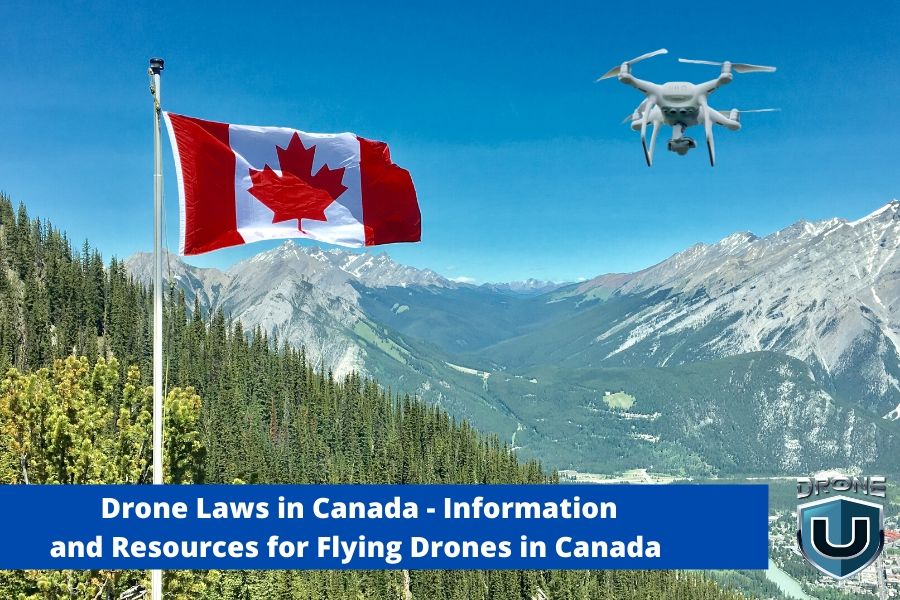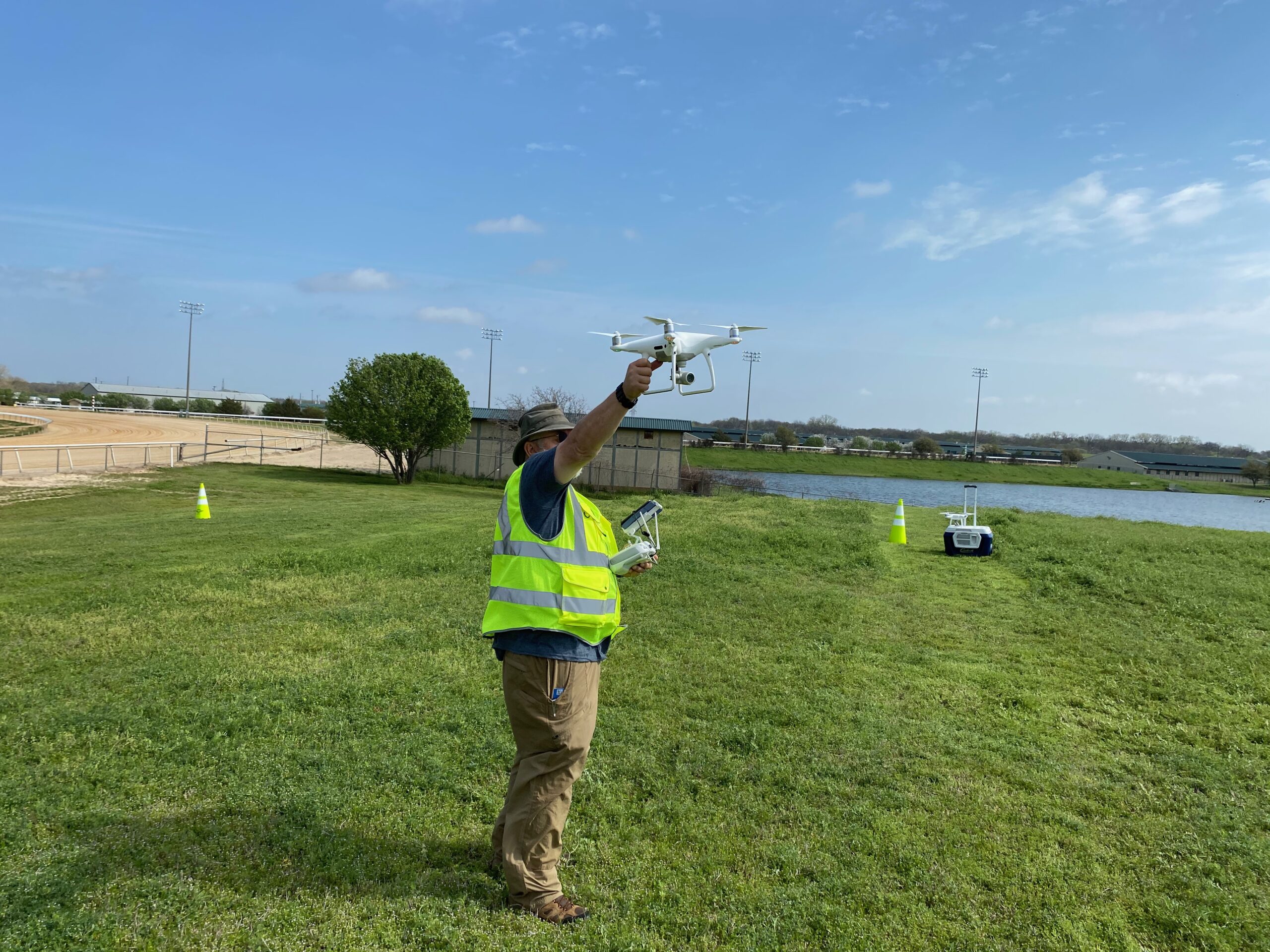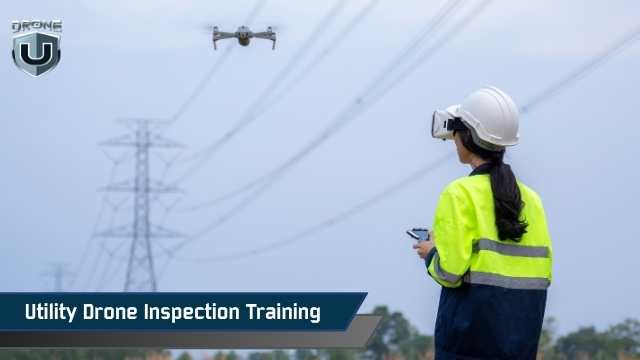Information and Resources for Flying Drones in Canada
According to Transport Canada Civil Aviation (TCCA), flying drones is legal in Canada. But, there are various nuances to be aware of before you set flight in this beautiful country.
Are drone laws in Canada more lenient compared to the United States? Can you really fly your drone over people? And are Part 107 pilots legally allowed to fly drones in Canada?
We answer these and many more question in this comprehensive guide. So, let’s start with the basics.
Yes. You need a drone license to fly a drone in Canada. There are two kinds of drone licenses: Basic and Advanced.
You must be at least 14 years old to take the basic exam. To get your Basic drone license or certificate:
1. Complete an Online Exam: The Basic exam consists of 35 multiple choice questions. You have 90 minutes to complete the exam. You need to answer 23 questions correctly to pass this exam.
You must be at least 16 years old to take the Advanced exam. To get your Advanced drone license or Certificate:
1. Complete an Online Exam: The Advanced exam consists of 50 multiple choice questions. You will get 60 minutes to complete this exam. You need to answer 40 or more questions correctly to pass this exam.
2. Complete a Flight Review: A flight reviewer who is associated with a drone school will assess your ability to safely fly your drone. If you clear your test, you will receive an email confirmation within 24 hours. However, if you fail, you can retake the test. There are no limits on the number of times you can take the test.
You will need an Advanced Certificate if you wish to fly in controlled/restricted airspace or over people. Restricted airspace can be either permanent or temporary. You will encounter permanent restrictions over the PM’s house in Ottawa, Ontario for instance. Whereas, you might find a temporary restriction around a forest fire.
• Maintain Visual Line of Sight
• Fly Below 400 Feet
• Maintain a Minimum Horizontal Distance of 30 metres or roughly 100 feet from people if you have a basic certificate
• Away from emergency operations and advertised events
• Avoid forest fires, outdoor concerts and parades
• You need an advanced certificate to fly in controlled airspace or over people
You will need an advanced certificate to fly your drone over people in Canada. Additionally, you will need a drone that is eligible to fly advanced operations. You can check out the entire list of eligible drones by going here.
So, if you retrofit your DJI Mavic or Phantom with a Parazero or Indemnis parachute safety system, you can very well fly your drone over people. As per Canadian drone laws, you can fly within 5 meters or 16.4 feet of any person associated with the operation.
Yes. It is. Drone Delivery Canada Corp. managed to procure a SFOC which enables them to make drone deliveries across Canada. One of Drone Delivery Canada Corp.’s larger drone, the Robin XL can carry payloads of 25 pounds and can fly a maximum distance of 60 km. Drone deliveries with the Robin XL are expected to commence by Q2 2020.
Canada has different sets of privacy guidelines for hobby and commercial pilots. These are some important privacy guidelines for hobby or recreational pilots flying a drone in Canada:
· You are responsible for all personal information collected by your drone
· Avoid capturing personal information. So blur out faces and license plates, for example
· Obtain consent in case you have captured any personal information
You can check out the entire list of instructions here.
Commercial drone pilots flying in Canada must follow the Personal Information Protection and Electronic Documents Act (PIPEDA). However, Alberta, British Columbia or Quebec have their own set of privacy laws that drone pilots will have to abide to.
Yes. Absolutely.
As per the Transport Canada Website, if “you are not a Canadian citizen, permanent resident of Canada or a corporation incorporated by or under the laws of Canada or a province”, you can fly a drone weighing more than 250 grams in Canada by procuring a SFOC or Special Flight Operations Certificate.
On recent ADU show, Justin Miller, Technical Team Lead, Transport Canada revealed that having a Part 107 certificate can possibly increase your chances of getting a SFOC. Canada does not differentiate between commercial and hobby pilots. So, you will need a SFOC even if you are a casual flyer planning on capturing the beautiful Canadian landscape.
Part 107 pilots do NOT need a SFOC to fly a drone weighing less than 250 grams in uncontrolled airspace Canada. So, certainly, there is considerable value in owning a DJI Mavic Mini which is classified as a “micro-drone” as per Canadian drone laws.
Contrary to popular perception, Part 107 pilots CANNOT fly a drone weighing more than 250 grams without a SFOC under a Canadian drone pilot’s supervision.
The Canadian Police is in charge of enforcement, and they may ask you to furnish your SFOC. If you fail to comply, you may be slapped with fines ranging from $3,000 to $5,000.
1. Complete the SFOC Application HERE.
2. Send the form and documents to: Remotely Piloted Aircraft Systems Centre of Expertise, 700, Leigh-Capreol Place Dorval, Quebec H4Y 1G7 OR via EMAIL
An SFOC is not a generic document but one that is customized to the applicant’s needs.
Become a Drone U Member.
Do not forget to subscribe and listen to Ask Drone U, the #1 drone podcast on iTunes!






Add Your Comment